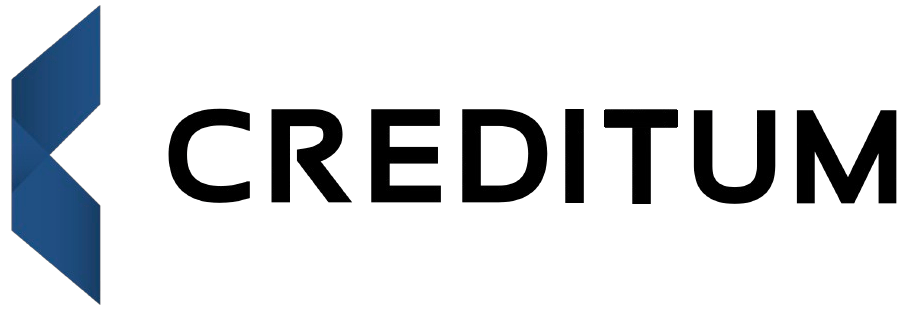First Loan
- No impact on your credit score when
you compare - Get offers in seconds
- Loan offers are non-binding

Considering your first loan can feel overwhelming, yet finding the right fit is crucial to your financial health. Before diving in, assess your needs and repayment capability. Compare different options for terms and interest rates. Look for providers in South Africa that offer flexibility, aligning with your budget and financial goals. Ensure you fully understand the terms to avoid unexpected costs.
Understanding loan basics
Taking out your first loan can be a significant step in your financial journey. It’s crucial to have a clear understanding of what a loan entails. At its core, a loan is money borrowed from a lender with the agreement to pay it back over time, usually with interest. Different types of loans include personal, student, home, and car loans, each designed for specific needs.
Knowing the difference between secured and unsecured loans is also vital. A secured loan requires collateral, like a car or property, while an unsecured loan does not. The risks and opportunities vary between the two. Interest rates, repayment terms, and fees should always be considered to determine the overall cost. Making informed decisions ensures you benefit from the best terms available.
South African lending landscape
South Africa’s lending market presents a diverse field with unique local characteristics. The landscape caters to a wide range of financial needs, from small personal loans to extensive long-term financing solutions. Many banks and financial institutions focus on accessible and flexible loan options, catering to different credit needs. South African borrowers often look for services that provide quick response times and straightforward terms.
- Personal loans with varied terms and amounts
- Accessibility of online lending platforms
- Focus on responsible lending practices
Understanding the landscape is crucial for securing the right loan. Factors like loan terms, rates, and borrowing conditions play a significant role in decision-making. The market has adapted well to include digital options, allowing people to explore offers conveniently online. South African lenders aim to build trust by offering transparent and consumer-friendly services, ensuring that borrowers make informed decisions that align with their financial goals.
Calculate your needs precisely
Understanding exactly how much you need to borrow is crucial before taking your first loan. Look at your current expenses, income, and any unforeseeable costs that may arise. This will help you determine a realistic amount that you can comfortably repay. Avoid overestimating or underestimating your financial requirements, as this could lead to unnecessary stress.
When pinpointing the loan amount, consider the loan’s purpose. Are you looking to fund a small home project, or do you require a larger sum for major expenses? Knowing this will guide you to the right loan type. South African loan services offer various options, from small personal loans to long-term commitments. Aim to align your loan purpose with the repayment period for more manageable finances. By accurately assessing your needs, you set a solid foundation for a successful loan experience. One key takeaway: understanding your financial landscape helps in making informed decisions.
Benefits of a first loan
Getting your first loan can be a significant step in achieving financial independence. One of the main benefits is the opportunity to build a positive credit history. This can be crucial for future financial endeavors, such as applying for a mortgage or car financing. With responsible borrowing and timely repayments, you can enhance your credit score, opening doors to better financial opportunities.
Another benefit is the flexibility it provides in handling immediate needs. Whether it’s unexpected medical expenses, education fees, or even starting a small business, a first loan can offer the necessary funds to manage these needs without delay. This can be a lifesaver, especially when urgency is required, and savings are not enough to cover costs.
Risks to be aware of
Taking your first loan is a big step. It’s important to know the potential risks before you commit. One common issue is not fully understanding the terms and conditions. Many people rush through the paperwork without grasping the interest rates or repayment plans, which can lead to unexpected costs. Always read everything carefully and ask questions if something is unclear.
Another risk is borrowing more than you can afford to pay back. It’s tempting to apply for a larger amount, especially if the lender offers it, but this can lead to financial trouble if you’re unable to keep up with the payments. Stick to a realistic budget and ensure that your monthly repayments fit comfortably within it.
Lastly, be cautious of late payments. Falling behind on repayments can result in penalties and a lower credit score, affecting your future borrowing possibilities. Set reminders and utilise automatic payments if possible to keep your repayments on track.
Unseen costs and hidden fees
When considering your first loan, it’s crucial to look beyond the interest rate. Many lenders might have additional charges that aren’t obvious at first glance. These could include handling fees, early repayment penalties, or even service fees. All these hidden costs can quickly add up, affecting the total repayment amount.
Another potential pitfall is the fine print of the loan contract. These details may include conditions that could lead to extra costs in certain situations. Always read these carefully and, if unsure, seek clarification before signing. Understanding and uncovering these fees can save you from unexpected financial burdens.
Be controversial about loans
Some might argue that taking a loan is like signing your life away, yet many find it to be a necessary step towards achieving their dreams. It’s a risk, yes, but isn’t life full of risks? Carefully managed, a first loan could be the stepping stone to financial freedom. Let’s challenge the idea that borrowing is always bad—after all, strategic debt can sometimes be the key to success.
